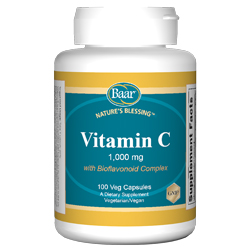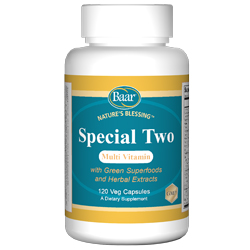Category Archives: Eye Health
Set Your Sight on Better Vision: 8 Tips for Eye Health
Healthy vision is a gift most of us take for granted. The only time we even think about eye health is when our own vision begins to fail. Protecting your vision now can help you to avoid problems in the future. Every day people shield their skin from sun damage, supplement their diet with vitamins and moisturize their skin to reduce signs of aging but often neglect their eyes. Taking care of your eyes takes little effort and can make a world of difference later in life.
Foods for the Eyes:
The British Royal Air Force pilots consumed Bilberry because it enhanced their nighttime vision. They also found their eyes could adjust to darkness quicker and their vision was able to correct after the effects of prolonged glare.
Lutein has been linked to promoting healthy eyes. Discussion continues about its relationship in reducing the risk of macular degeneration. Foods high in lutein are dark green leafy vegetables like spinach and kale. My suggestion is to eat a fresh salad every day that includes these dark green leafy vegetables along with other vegetables you enjoy.
Vitamins A, E, C, Zinc and also Selenium may help prevent many diseases including those that affect the eyes. A Multi-vitamin, such as Special Two, containing all of these vitamins may be most convenient. *
Optikade™ VibraTonic™ #3810 is a liquid blend of botanicals selected for their stimulating and cleansing effects on the digestion and circulation of the body. Improving the circulation of the body may benefit the eyes.*



Head and Neck Exercises:
This is a very simple set of exercises and should be done without any strain. While sitting erect or standing and looking forward, tilt your chin to your chest 3 times, then, tilt your head back carefully and slowly 3 times, then to the right 3 times and then to the left 3 times. Next, slowly circle or roll your head counter clockwise 3 times then clockwise 3 times. Do this slowly and carefully without straining your muscles. If you have any difficulty in doing this be sure to see a health care practitioner. This exercise is designed to stimulate the nerve activity to the eyes, increase blood circulation, and strengthen the muscles in your neck. Some people report it helps tighten up the chin and neck muscles.
Give Your Eyes a Rest:
It’s easy to lose track of the time you are spending staring at your computer screen, mobile phone, TV screen or reading. Give your eyes a break. One way is to shift your focus away from the screen or book and look at something far away. A common rule of thumb is the 20-20-20 rule. Every 20 minutes, choose an object that is about 20 feet in the distance and stare at it for about 20 seconds. Do this throughout the day. For short term eye improvement, try blinking a few times to help you focus your eyes.
Wear Safety Glasses:
Wear safety glasses when appropriate. Also, know that your regular glasses provide protection based on the material they are made from. Polycarbonate lenses resist shattering better than glass or other plastics. Here’s the results from testing: High index plastic shattered when hit by a tennis ball moving at 40 miles per hour, glass shattered at 89 miles per hour, but polycarbonate lenses withstood speeds of 130 mph.
Wear Sunglasses:
This will help protect your eyes from Ultra Violet Rays of the sun, especially during mid-day or if you spend most of your time outdoors.
Take Proper Care of Contact Lenses:
Be sure they are cleaned properly and changed the lens and case often. Follow the manufacturer’s directions. Cutting corners here can cause eye damage.
Know your Family’s Eye Health History:
Do certain eye diseases run in your family? The earlier an eye disease is detected, the better your chances of keeping your eyesight healthy. Sharing your family medical history with your eye doctor can help identify potential risks and may prompt more frequent exams to catch any changes early.
See your Optician:
How often you should have an eye exam will be determined by several factors such as age, medical history, hereditary factors and whether you currently wear corrective lenses. Have regular eye checkups every 2 years and more frequently if over 60. Your Optician can alert you to early signs of underlying disease states such as cataracts, glaucoma or macular degeneration.
It is often said the eyes are the doorway to your soul. Let’s keep the door open.
See all our Eye Care products here:
https://www.baar.com/eyes-ears
*Always check with a health care practitioner before adding any dietary supplements to your regimen.
Bruce Baar, MS, ND | © Baar Products, Inc., 2015